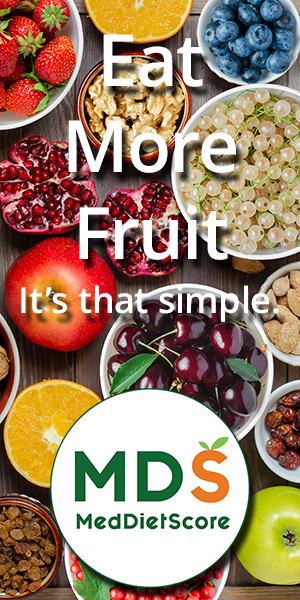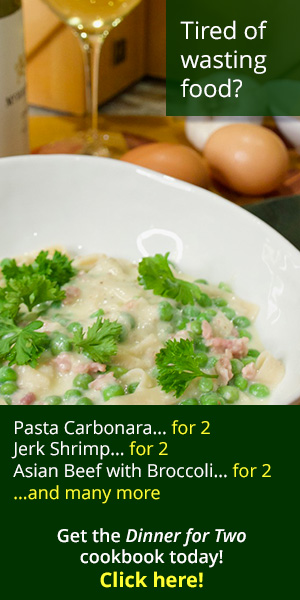Ingredient Information
Squash, Zucchini
In the U.K. these are called courgette after the French word for zucchini. Like tomatoes, squash are technically fruit although we think of it as a vegetable. They are in season only during May through July in the Northern Hemisphere, but are now readily available, being shipped from all over the globe. In the winter months they can be more woody.
The rules for choosing zukes are the same as with other squash. It’s best to look for small to medium size but they should feel heavy in the hand. Large zucchini will be dry and have a woody texture. Blemished skin is a sign of age so choose those with smooth, bright green skins that feel firm to touch.
There are dozens of other types of squash but one of the best is the pattypan or scallop squash. You may have seen these in the market. The yellow ones look like small flattened summer squash and the green ones like little zucchinis. They are great steamed and served as a side dish. Because they are small they are sweet and tender.
8 ounces zucchini squash = 32 calories, 0g fat, 0g sat fat, 0g mono fat, 3g protein, 7g carbohydrates, 7mg sodium, 0mg cholesterol, 10 mcg Vitamin
K, 2 grams fiber
Related Articles
More fruits and vegetables, less heart disease
A recent French meta-analysis of the results of several prospective studies has specifically examined the relationship between fruit and vegetable intake and risk of coronary heart disease (CHD).
Eat your antioxidants
People often rely on vitamin supplements to make up for their poor diets. This is especially true now that we know that some vitamins, such as antioxidants (vitamins E, C, or beta-carotene) or B vitamins, have been shown in the lab to help prevent such conditions as cancer, heart disease, and high cholesterol. But are the supplements actually having the same impact as a diet that contains more vitamins through diet alone?
Eating A Mediterranean Diet Reduces Your Risk Of
Becoming Obese
A group of researchers using information gathered in Spain about dietary patterns looked at how a diet that closely adheres to the Mediterranean patterns affects weight gain.
Avoid gallbladder surgery – eat your fruits
and vegetables!
Although most studies of gallbladder disease and prevention focus on specific nutrients in the diet, scientists at the University of Kentucky Medical Center decided to take a broader approach. They chose to investigate whether fruits and vegetables, which are protective against other chronic diseases, might also protect people from gallbladder disease.




